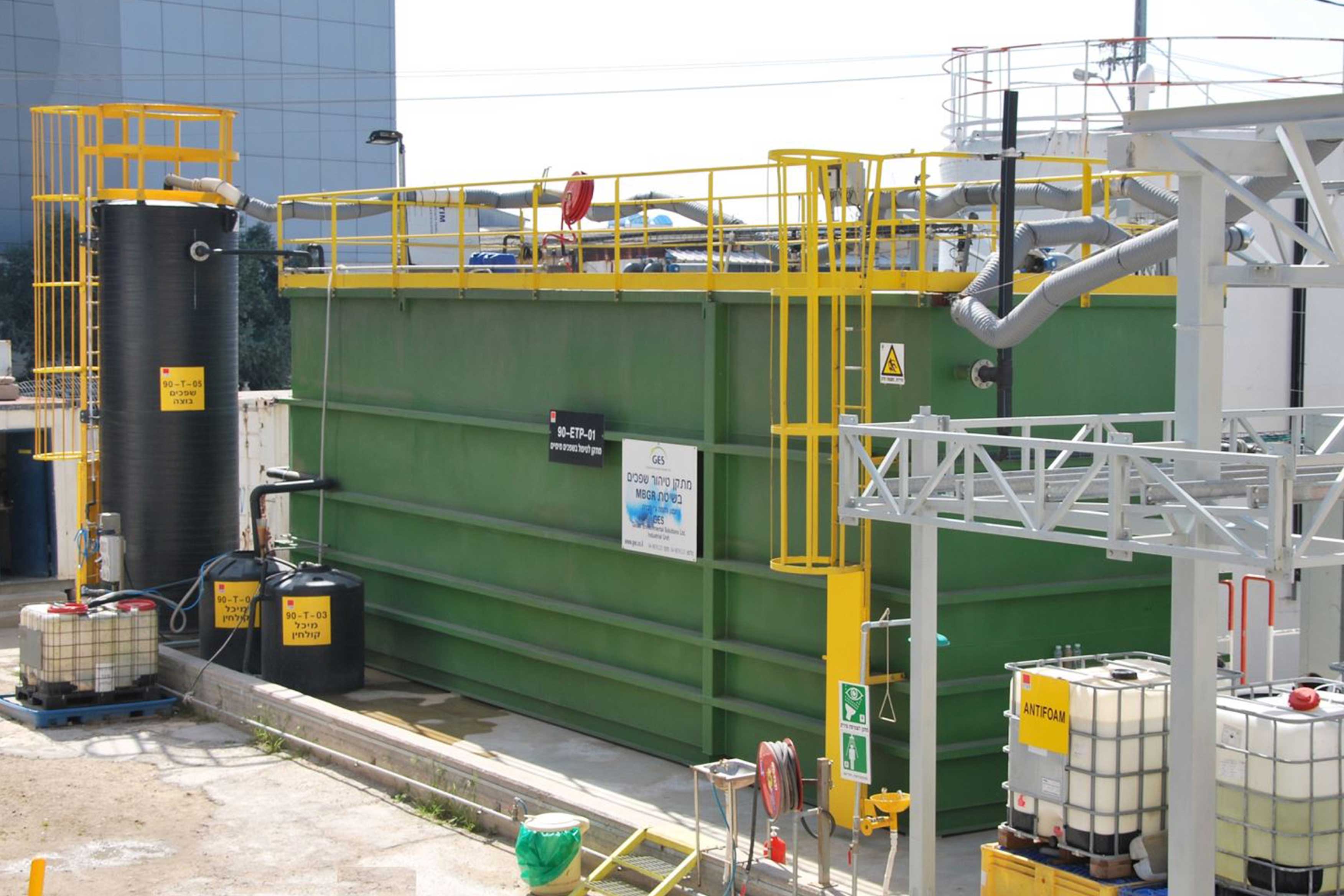 Clean water is a vital asset to the 315,000 industrial manufacturers in the United States. Depending upon the industry, water treatment can represent up to 15% of a company’s raw material or capital equipment expenditures. Consider this, it takes 1.5 gallons of water to produce one liter of beer, 2.5 gallons to rinse one computer chip, 2,000 gallons to make an automobile or 3,000 gallons to produce one ton of steel. Hence the consumption, reclamation, treatment and safe release of water directly impacts the profits of manufacturers. Industrial water applications are separated into water and wastewater treatment. Water treatment refers to the processes used to make water acceptable for an intended use through the reduction or removal of contaminants. Wastewater treatment refers to the processes used to treat water that’s been contaminated by industrial or commercial activity prior to its reuse or release to the environment. The water treatment market is separated into three segments including cooling water, process water and ultrapure water. Cooling refers to water used to remove heat from processes such as boiler, cooling tower and chiller applications. Process refers to water used in the manufacturing of products as in rinsing, plating and washing applications. Ultrapure refers to water that meets stringent purity requirements used in pharmaceutical, micro-electronic and medical applications. Industrial manufacturers generate and treat millions of gallons of wastewater per day. Common waste examples include solids, oils, salt-ions, biodegradable or synthetic organics, un-neutralized acids or alkalis, and toxic metals or elements. Given the diversity, wastewater treatment systems are designed to address the specific composition of each waste stream. Industrial water and wastewater treatment system suppliers are found in two types including large multi-national firms such as Siemens and Veolia that principally serve Fortune 1000 customers, and regional firms such as Wastech and Barclay that serve small to medium-size companies. The multi-nationals supply a complete range of water and wastewater treatment equipment and services, and work closely with architecture and design firms to proliferate the specification of their products. The regionals supply a comparatively narrow range of equipment focused on select industries or applications, and resell the multi-national products to complete their offering. Level measurement and control solutions are required throughout industrial water and wastewater treatment applications for inventory monitoring, automation and safety.
Clean water is a vital asset to the 315,000 industrial manufacturers in the United States. Depending upon the industry, water treatment can represent up to 15% of a company’s raw material or capital equipment expenditures. Consider this, it takes 1.5 gallons of water to produce one liter of beer, 2.5 gallons to rinse one computer chip, 2,000 gallons to make an automobile or 3,000 gallons to produce one ton of steel. Hence the consumption, reclamation, treatment and safe release of water directly impacts the profits of manufacturers. Industrial water applications are separated into water and wastewater treatment. Water treatment refers to the processes used to make water acceptable for an intended use through the reduction or removal of contaminants. Wastewater treatment refers to the processes used to treat water that’s been contaminated by industrial or commercial activity prior to its reuse or release to the environment. The water treatment market is separated into three segments including cooling water, process water and ultrapure water. Cooling refers to water used to remove heat from processes such as boiler, cooling tower and chiller applications. Process refers to water used in the manufacturing of products as in rinsing, plating and washing applications. Ultrapure refers to water that meets stringent purity requirements used in pharmaceutical, micro-electronic and medical applications. Industrial manufacturers generate and treat millions of gallons of wastewater per day. Common waste examples include solids, oils, salt-ions, biodegradable or synthetic organics, un-neutralized acids or alkalis, and toxic metals or elements. Given the diversity, wastewater treatment systems are designed to address the specific composition of each waste stream. Industrial water and wastewater treatment system suppliers are found in two types including large multi-national firms such as Siemens and Veolia that principally serve Fortune 1000 customers, and regional firms such as Wastech and Barclay that serve small to medium-size companies. The multi-nationals supply a complete range of water and wastewater treatment equipment and services, and work closely with architecture and design firms to proliferate the specification of their products. The regionals supply a comparatively narrow range of equipment focused on select industries or applications, and resell the multi-national products to complete their offering. Level measurement and control solutions are required throughout industrial water and wastewater treatment applications for inventory monitoring, automation and safety.





